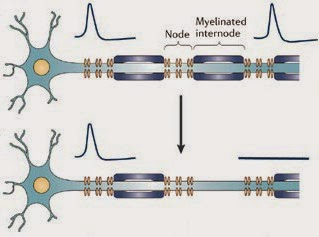Still Monday 23rd December, post Neurologist visit. I was feeling a wee bit low and also unwashed - no showers in the ward - so my Aunt Heather came to visit me and brought me some dry shampoo so I could 'wash' my hair.
Neither of us have used dry shampoo before so we did not know what to expect. Heather sprayed it on my hair, in the middle of the ward, and made everyone cough. One of the doctors told us off and made us open a window, which was another challenge in itself!
My hair went white!! An age transformation in seconds. However, it quickly went back to normal colour once Heather brushed it through my hair. It was not like having a shower but at least my hair was less greasy and I felt a tad normal again. Though some people would say I have never been normal.
Another interesting aspect of this day was getting another ECG.. I am not sure if it was the affects of the dry shampoo or seeing the neurologist but I started getting chest pains, so had to get an ECG to make sure my wee heart was ok. And thankfully it was, but proves I have a heart!!
Heather was my first visitor of the day, she came during working hours - being part of the trust she could walk straight through. Then I had a pastoral visit from my parent's minister - which was nice.
At visiting time more visitors came, my bed was crowded - there was Mum and Dad, my faithful visitors, my Nana, Uncle Neil and then Phyllis and David. It was nice to have visitors, helped to see them all and was even taken out for coffee, to the hospital cafe, by Phyllis and David. Was nice to get off the ward and eat some fruit!!
As I said its nice to have visitors, but once they all left, it was lonely again. The quiet ward was shortly about to become noisy which would result in me leaving my ward for another ward. We had an interesting character come in and she was shouting and hitting all around there, so for our own protection the nurses mover me and the other person in my ward over to another ward. Resulting in people worried I had disappeared when they came to see me as I was not in my normal ward.
I am glad they moved me as I could hear her screaming from where I was. She was in a whole bay my herself..... it was scary actually.
Visiting time came again and more visitors - my parents, Uncle George and Aunt Joan came and my lovely Scottish friend Anna also came. You know one of the best things about being in hospital - goodies... my bedside table was full of chocolate (was still eating it two weeks later).
Oh and I never got my MRI which I was promised I would get. Went to sleep hoping it would come on Tuesday. I was in a deep sleep when at 5am a nurse came and woke me up and told me I was being moved again, so here I was half asleep in my bed being wheeled over to another ward. The ward I was on was a transition ward and this new ward was the being admitted ward (had no idea when I was leaving at this stage - was thinking I would be in over Christmas!)
Monday was an eventful day. What would Tuesday bring?

.jpg)



.jpg)
.jpg)



.jpg)
